I have a Visual Studio 2010 project and I have referenced an assembly Oracle.DataAccess.dll which points to a local version.
I've explicitly set the option "Specific Version" to false but when the application is built I've checked the application assembly and it has a specific reference to the
Oracle.DataAccess, Version=2.112.3.0, Culture=neutral, PublicKeyToken=89b483f429c47342
How not referencing a specific version of an assembly?
I'd like to rely on which version version is available in the bin folder.
It currently apparently depends on where the application is built. If I build the project on a machine that has a different version of the Oracle Client installed, then a different Oracle.DataAccess versioning reference will be in the main application.
It shouldn't rely on where the application is built really. It should not reference any specific version.
